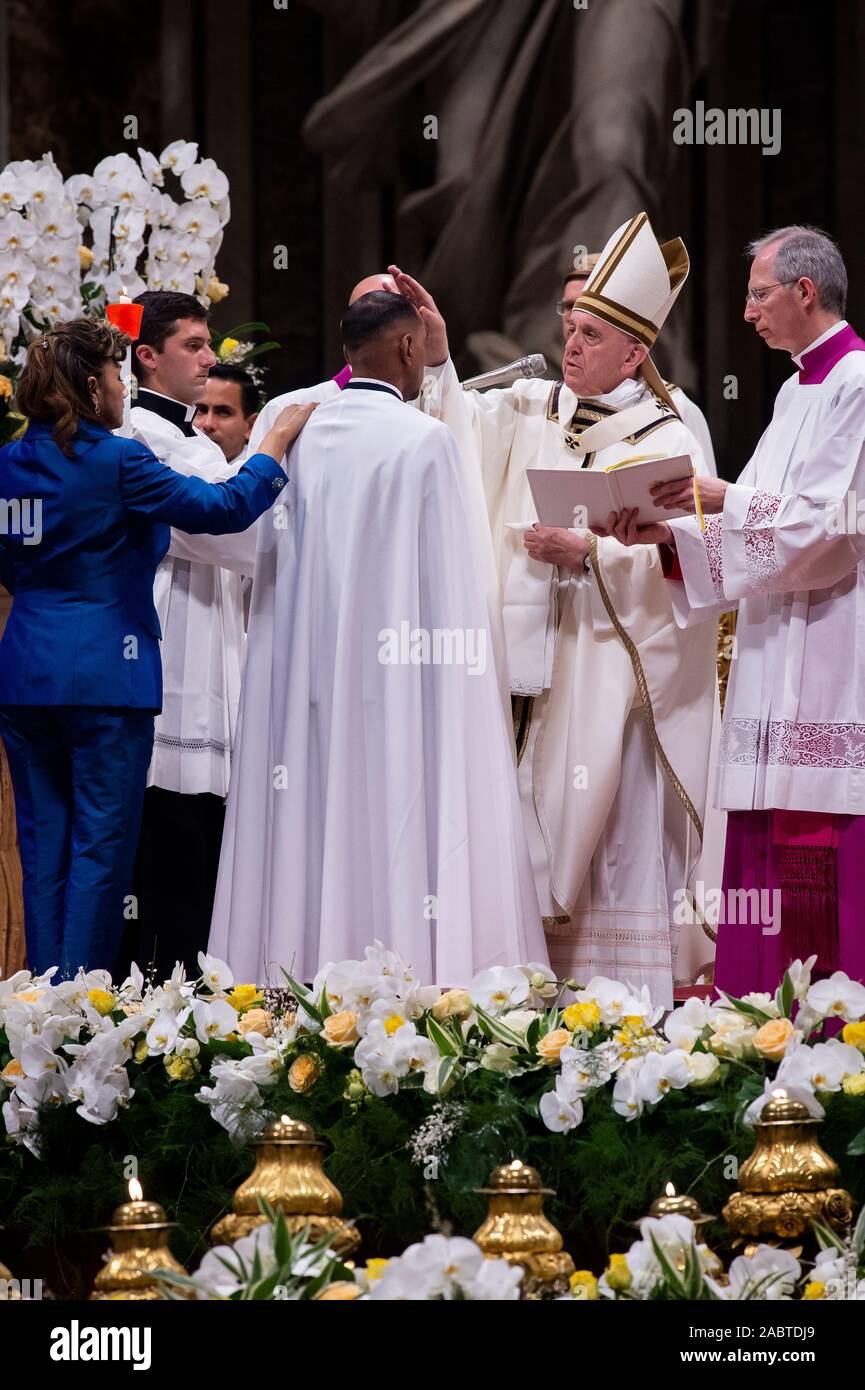Pope Francis has been a guiding light for millions of Catholics around the world, offering profound insights into the core tenets of the faith. Among his teachings, his reflections on the Sacrament of Confirmation stand out as particularly significant. Through these teachings, Pope Francis emphasizes the transformative power and deep spiritual significance of Confirmation, urging believers to approach it with reverence and understanding.
In this article, we delve into Pope Francis' explanations of the Sacrament of Confirmation, exploring its true meaning and purpose. By examining his words, we gain a deeper appreciation for how this sacrament should be viewed—not as a mere rite of passage, but as a pivotal moment in one's spiritual journey. This exploration is essential for every believer seeking to strengthen their faith and connection to the Church.
Pope Francis has repeatedly warned against reducing the Sacrament of Confirmation to what he terms the Sacrament of Goodbye. In his view, Confirmation should not merely mark the end of religious education or a student's departure from active participation in the Church. Instead, it should be seen as a vital step in one’s spiritual growth, strengthening the bond with Christ and the Church. The Holy Father encourages believers to embrace Confirmation as an opportunity for personal transformation and commitment to Christian witness.
Confirmation: A Milestone of Spiritual Growth
The Sacrament of Confirmation plays a crucial role in the spiritual development of a Catholic. It is a sacred milestone that signifies a deepening of one's baptismal promises and strengthens the individual's relationship with Christ. Pope Francis underscores the importance of viewing Confirmation not as an endpoint, but as a beginning—a starting point for a more profound engagement with the Church and its teachings.
This perspective challenges the common perception of Confirmation as a formality or a graduation from religious instruction. Instead, it calls for a renewed commitment to living out the Christian faith actively and authentically. By embracing Confirmation in this way, individuals can experience a richer and more meaningful spiritual life.
The Pope's message invites us to reflect on our own journeys and consider how Confirmation can serve as a catalyst for deeper faith and service. It is a call to action, urging believers to take an active role in their spiritual growth and contribute positively to the community of faith.
A Call to Witness: Living the Faith Fully
Pope Francis describes Confirmation as the 'Sacrament of Witness,' emphasizing the responsibility of those confirmed to live their faith boldly and publicly. This involves not only professing belief in words but also demonstrating it through actions that align with Christian values. The Holy Father reminds us that being a witness means standing up for justice, compassion, and love in all aspects of life.
Living as a witness requires courage and conviction. It means being willing to share one's faith with others and to engage in acts of service that reflect the teachings of Jesus Christ. Confirmation empowers individuals with the grace needed to face challenges and remain steadfast in their commitment to the Gospel message.
By focusing on the aspect of witness, Pope Francis highlights the communal dimension of Confirmation. It is not just about personal growth but also about contributing to the broader mission of the Church—to spread the light of Christ to the world. This perspective enriches our understanding of the sacrament and its implications for daily living.
Continuity with Baptism: Strengthening the Bond with Christ
Confirmation is deeply connected to Baptism, forming part of the initiation process into the Christian life. Pope Francis explains that this sacrament intensifies the grace received at Baptism, uniting believers more firmly with Christ and enhancing their bond with the Church. It completes the initiation process by sealing the individual with the gift of the Holy Spirit.
This continuity between Baptism and Confirmation underscores the importance of seeing these sacraments as interconnected steps in a single journey of faith. Together with the Eucharist, they constitute the foundation of Christian initiation, providing the necessary graces for living a fully committed Christian life.
Understanding Confirmation within this context helps believers appreciate its significance as a continuation rather than a conclusion of their spiritual journey. It reinforces the idea that faith is a lifelong commitment, requiring ongoing nurture and development. Pope Francis’ teachings invite us to embrace this reality with joy and dedication, ensuring that the gifts of Confirmation are fully integrated into our lives.

